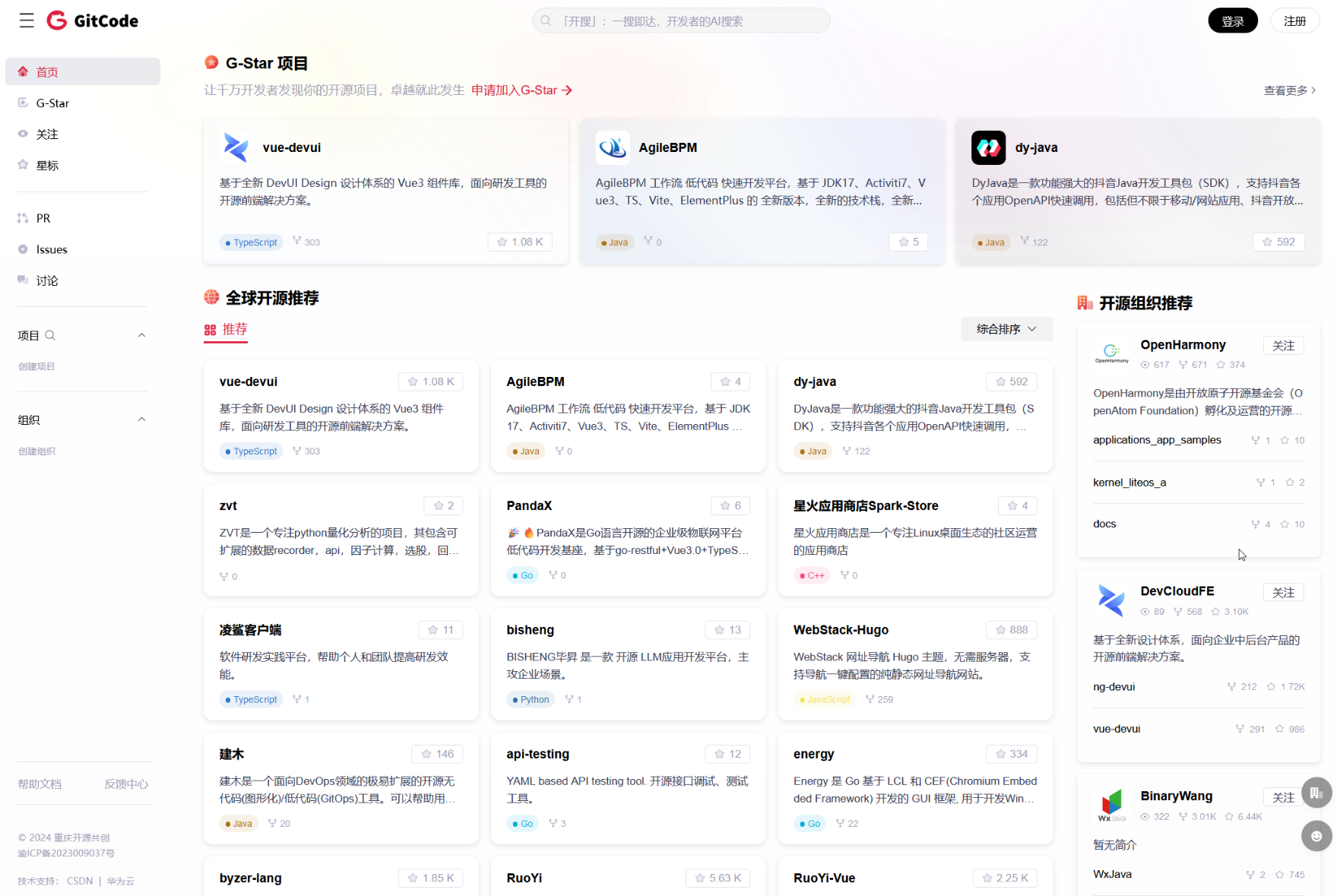GitCode, a git-hosting website operated Chongqing Open-Source Co-Creation Technology Co Ltd and with technical support from CSDN and Huawei Cloud.
It is being reported that many users’ repository are being cloned and re-hosted on GitCode without explicit authorization.
There is also a thread on Ycombinator (archived link)



As I am a big proponent of open source, there is nothing wrong even with copying code - the point is that you should not be allowed to claim something as your own idea and definitely not to claim copyright on code that was “inspired” by someone else’s work. The easiest solution would be to forbid patents on software (and patents altogether) completely. The only purpose that FOSS licenses have is to prevent corporations from monetizing the work under the license.
Well let’s say there’s an algorithm to find length of longest palindrome with a set of letters. I look at 20 different implementations. Some people use hashmaps, some don’t. Some do it recursively, some don’t. Etc
I consider all of them and create my own. I decide to implement myself both recursive and hash map but also add certain novel elements.
Am I copying code? Am I breaking copyright? Can I claim I wrote it? Or do I have to give credit to all 20 people?
As for forbidding patents on software, I agree entirely. Would be a net positive for the world. You should be able to inspect all software that runs on your computer. Of course that’s a bit idealistic and pipe-dreamy.
again, I don’t have a problem with copying code - but I as a developer know whether I took enough of someone else’s algorithm so that I should mention the original authorship :) My only problem with circumventing licenses is when people put more restrictive licenses on plagiarized code.
And - I guess - in conclusion, if someone makes a license too free, so that putting a restrictive (commercial) license or patent on plagiarized / derived work, that is also something I don’t want to see.
I have no problem copying code either. The question is at what point does it go from
To
How abstracted does it have to be before it’s OK? If you write a merge sort, it might be similar to the one you learned when you were studying data structures.
Should you make sure you attribute your data structure textbook every time you write a merge sort?
Are you understanding the point I’m trying to get at?
My trivial (non legal ;) answer is: If you are working for a corporation that is looking to patent something / make something closed license: the moment you ever looked at a single line of my code relevant to what you are doing, you are forbidden from releasing under any more restrictive license. If you are a private person working on open source? Then you be the judge whether you copied enough of my code that you believe it is more than just “inspired by”.